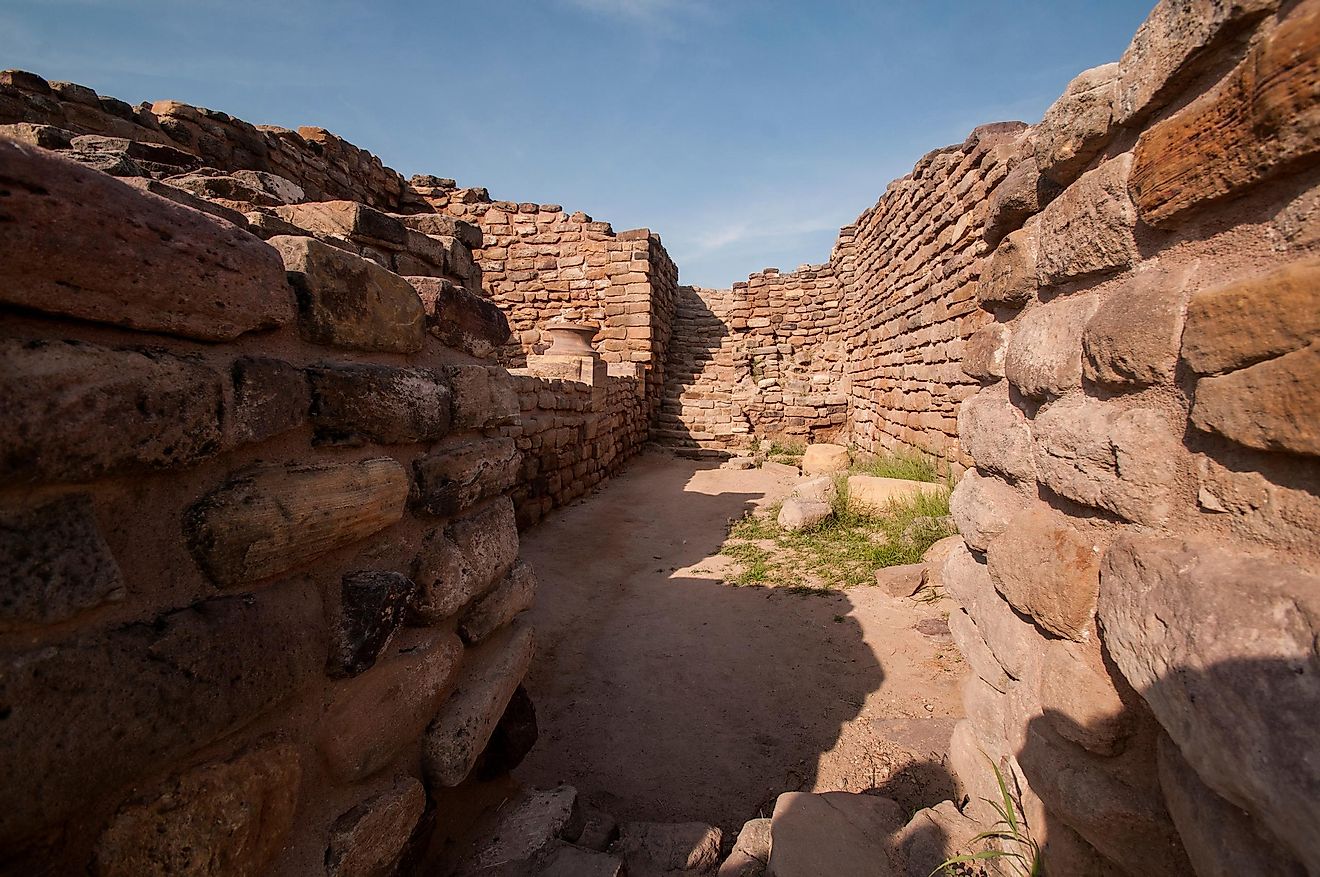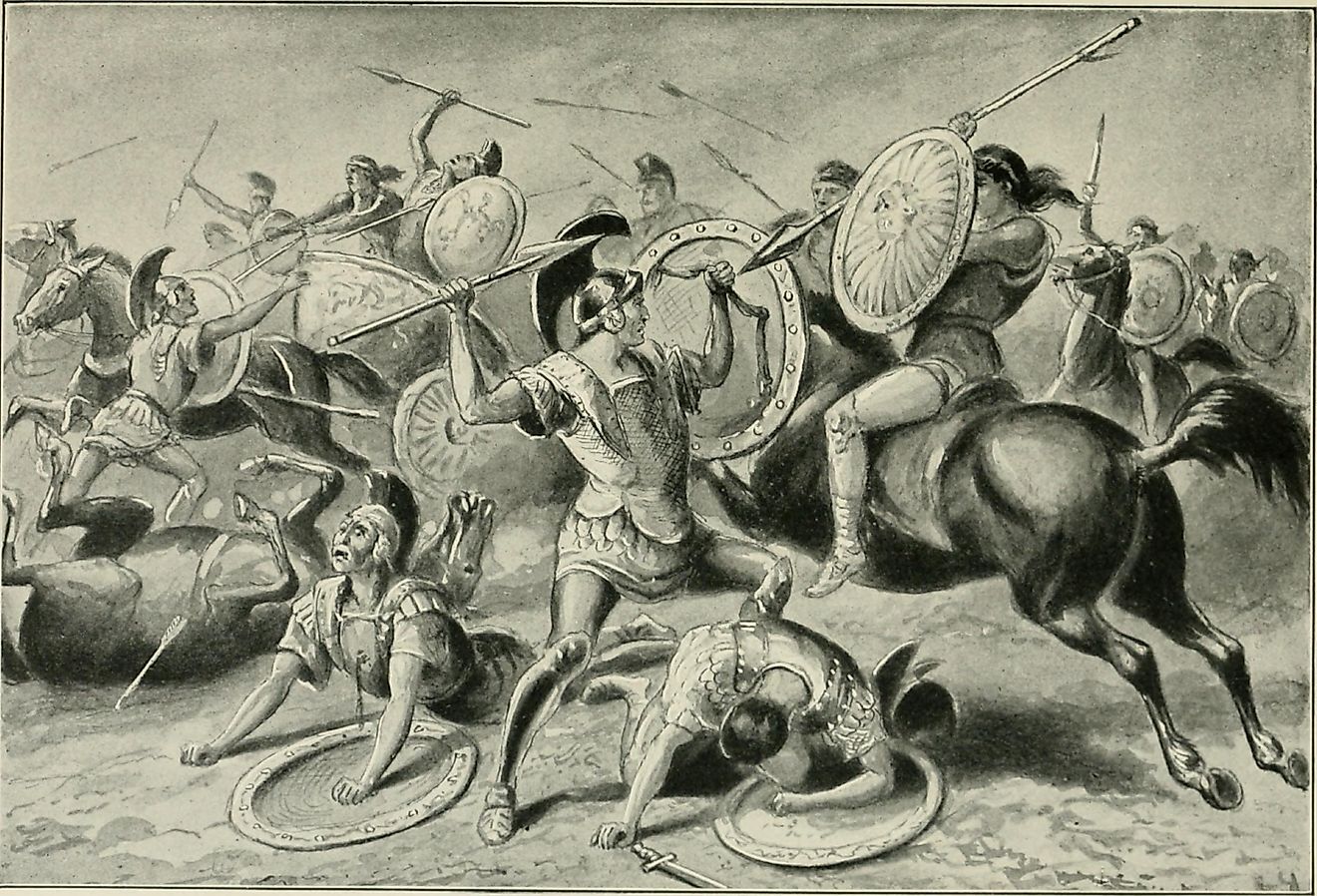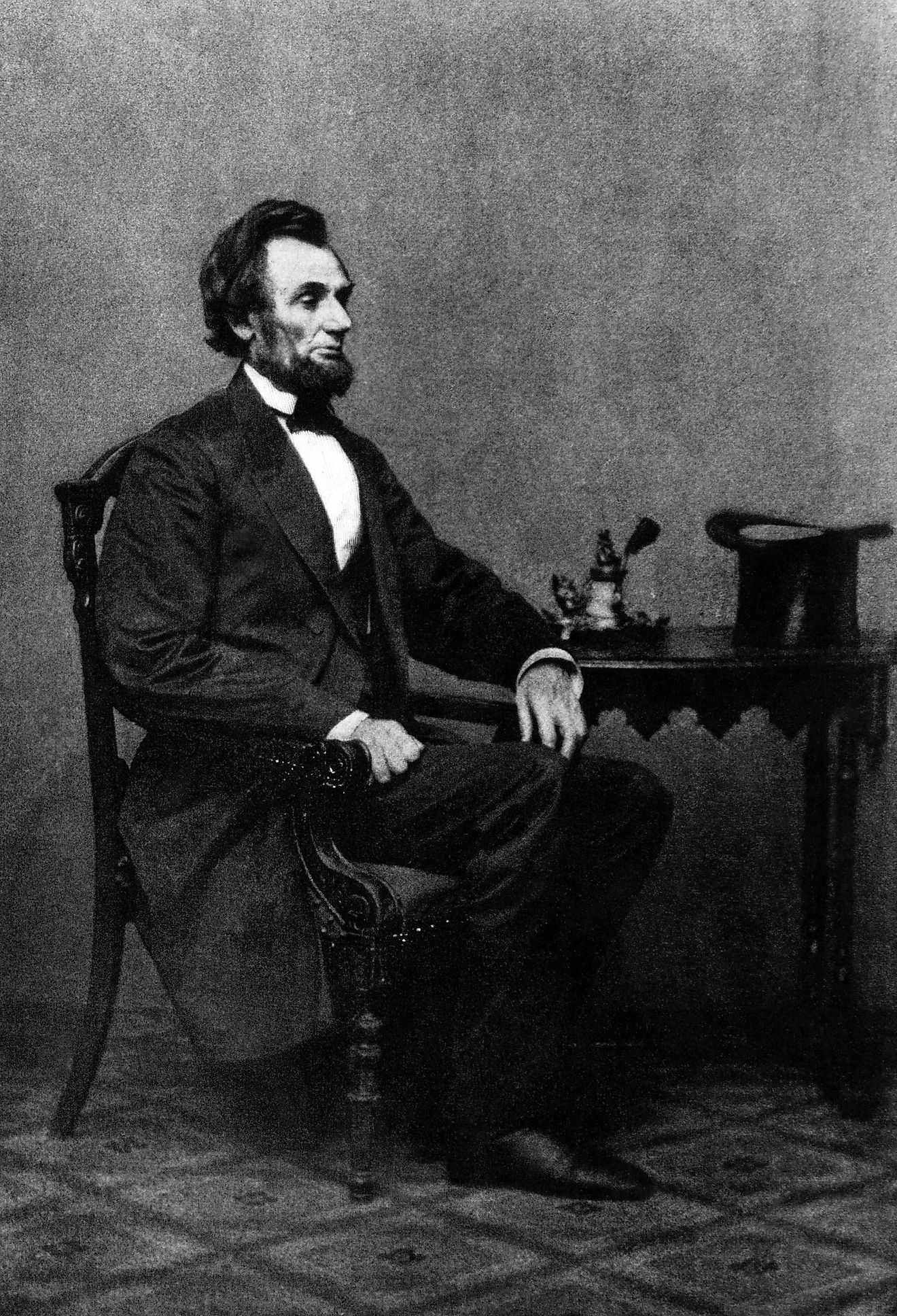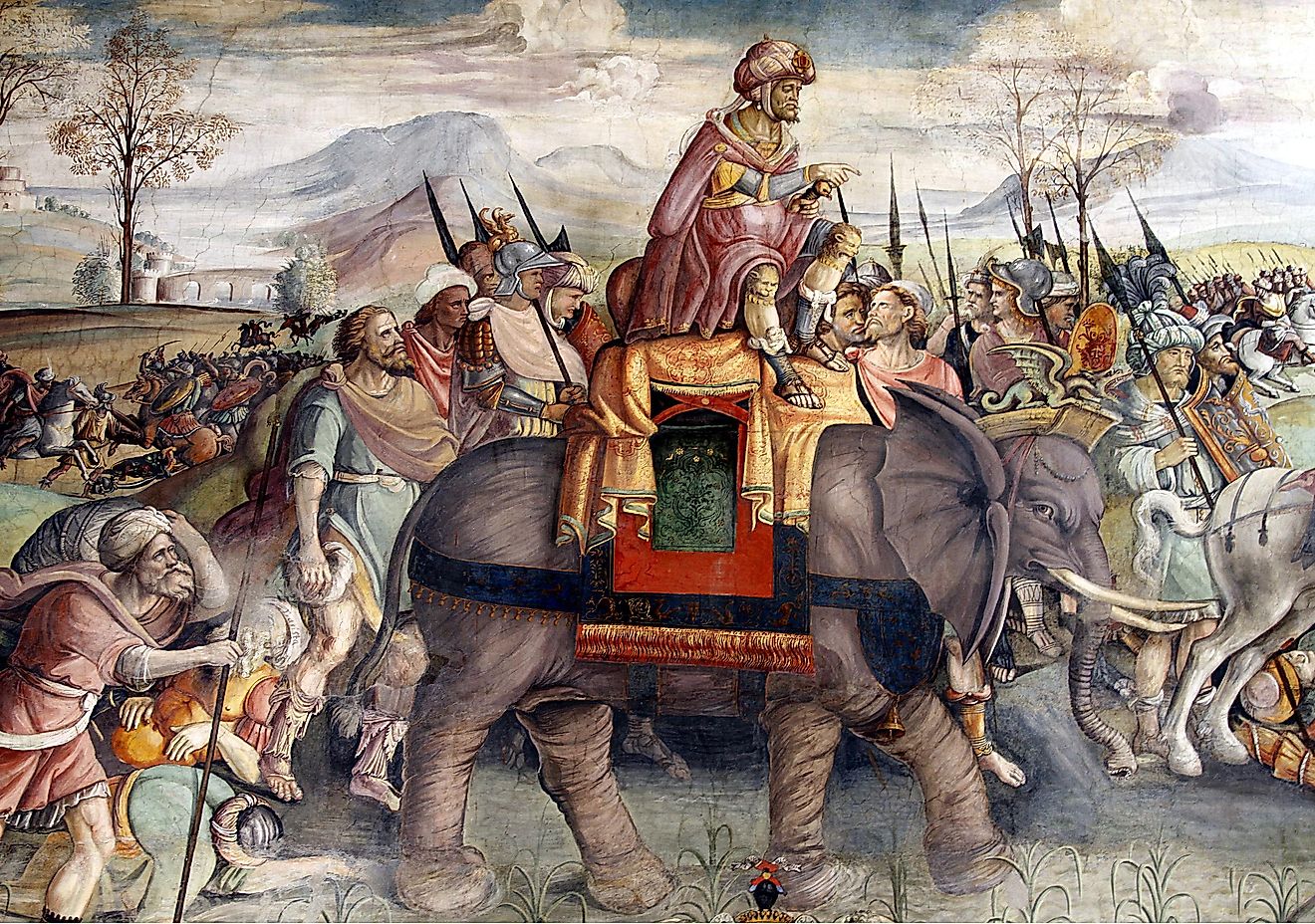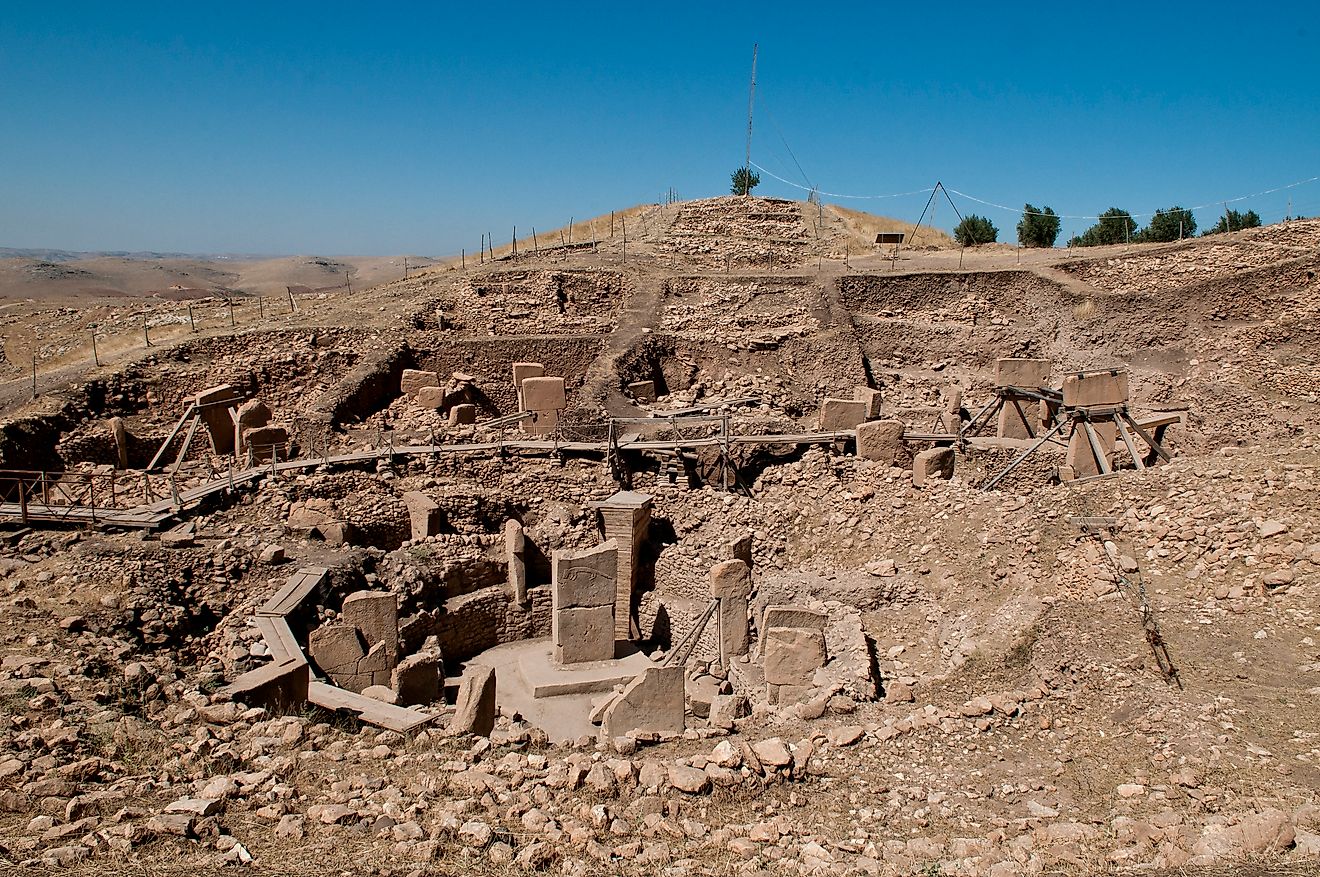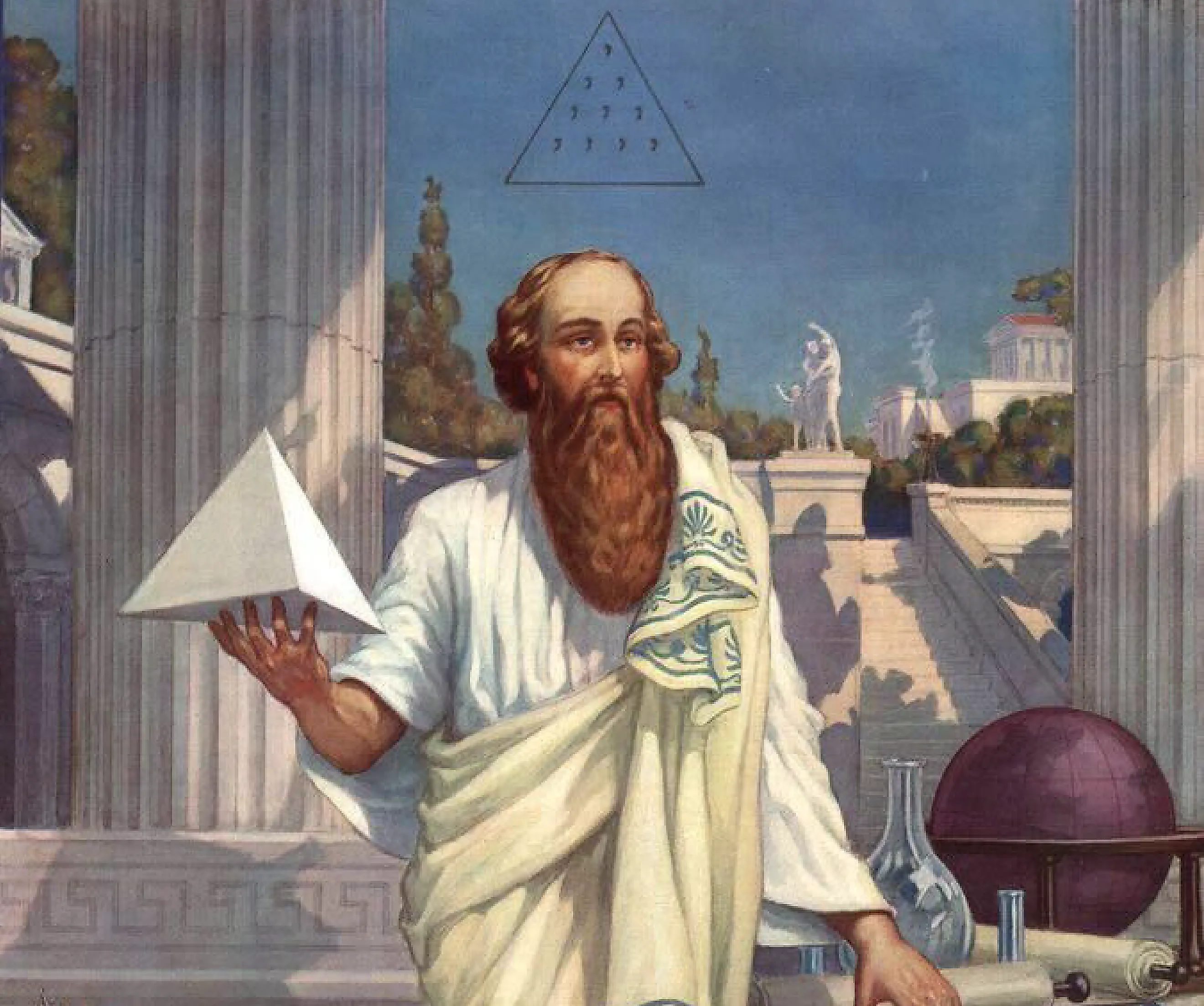
Pythagoras Led A Cult That Forbade Eating Beans
Pythagoras was an Ionian Greek philosopher and mathematician who lived between the years 570 and 496 BC. While most of the world recognizes him for his creation of the Pythagorean theorem, a geometric formula that aids many today in solving problems and equations related to the hypotenuse of triangles, he was also quite criticized and put under a magnifying glass for many other reasons. During his time in Ancient Greece, he was reportedly involved in a religious-philosophical cult or brotherhood that ignited controversy and speculation about his religious-political upbringing, daily habits that dramatically altered philosophical thought, and even his doctrine of prohibiting others from eating beans!
History and Origins of the Cult

In Raphael's fresco The School of Athens, Pythagoras is shown writing in a book as a young man presents him with a tablet showing a diagrammatic representation of music theory on a lyre above a drawing of the sacred tetractys.
In the 6th century BCE, Pythagoras decided to establish a "brotherhood" built around soul transmigration, disciplinary measures of philosophy and diets, and even had a taboo against bean consumption. Essentially, he believed that such actions were cause for spiritual harm and would be a sign of impurification. As a cult leader, it was believed that he wanted to make his followers think he was the son of a god, even if many of the acts they believed in were spiritual and numerical by nature. His theories also mention the element of Hermes and that he had been reincarnated himself, multiple times over, to reach the pinnacle of philosophical thought.
The cult itself, better known as Pythagoreanism to outsiders, was part of Pythagoras's pursuit of worldview success through scientific and mystical precepts. By believing in eclectic and non-traditional Greek philosophies away from the usual norm, it meant that he could make followers find a new way of life by following unconventional lifestyles.
Rituals and Communal Living
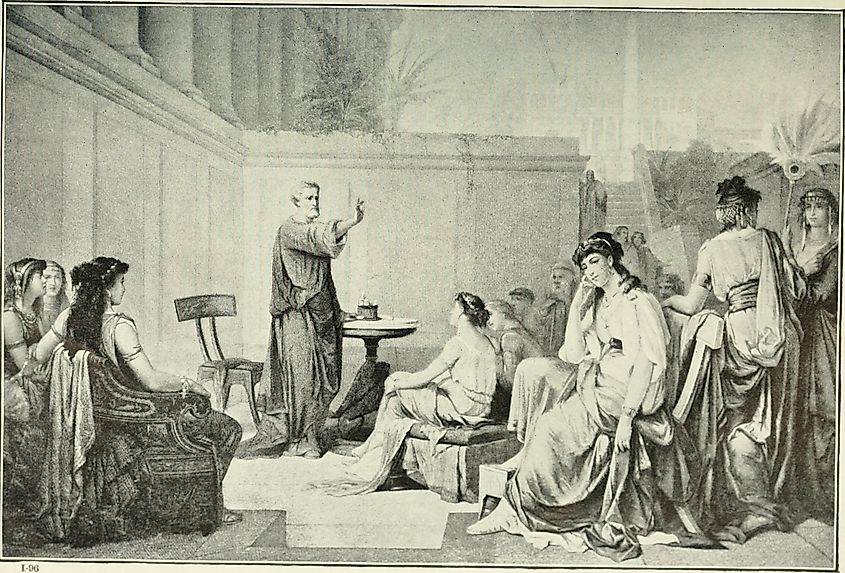
As part of his cult philosophy, Pythagoras instilled the concept of math as a means and ends for joining a dedicated organization built on secrecy and devotion to numbers and geometry. The "hazing" of subjects within his cult meant bringing them up to speed with the number "10" and being involved in daily ritualistic needs, such as worshipping an actual "Holy Triangle" with ten points across its four rows. He influenced others within the group to use a specific sermon whenever they prayed to or worshipped him. Furthermore, recruits within his cult were required not to speak for up to five years to maintain silence and prevent any brotherhood secrets from being revealed to the public eye.
Vegetarianism and abstinence from meat, fish, and especially beans paved the way for lots of skepticism from historians, as Pythagoras supposedly forced his followers not to digest specific types of foods to avoid reincarnation possibilities of ending up as an ox, fish, or other creature in their next life. By being involved in the consumption of meat, his followers would be tarnished or branded as immoral; he wanted to purify their souls to maintain moral virtue.
Bean Taboo Theories
![Pythagoras and faba beans, French, 1512/1514.[citation needed] Pythagoreans refused to eat beans. Already in antique times there was much speculation about the reason for this custom.](/r/w768/upload/66/99/8d/do-not-eat-beans.jpg)
Many crazy theories about Pythagoras's bean philosophy often come to light. One of the most interesting aspects was that he believed beans contained "human souls" and thus should not be consumed; this would contribute to one's demise over their lifespan since it affects the transmigration of human or animalistic souls. There is another theory that states that he and his followers vowed not to eat fava beans because it was considered taboo to consume foods that would contribute to dietary restrictions and unhealthy bodily reactions, especially since they lead to flatulence, which in his point of view meant that humans were losing a part of their soul by passing gas.
One of Pythagoras's notions was that seed-like foods are essentially "human flesh" in terms of being similar to human beings from a moral and ethical standpoint. Because they resemble human fetuses, he argued that beans are the same as human body parts, which led to his belief that humans consuming any form of beans is an act of cannibalism and is not acceptable in his eyes. As it turns out, there is yet another theory related to beans, in which Pythagoras attempted to flee from angry mobs that tried to kill him towards the end of his life. While he was running away from the crowds in Metapontum, he stumbled across a fava bean farm and believed walking over them would be akin to walking over human flesh, leading him to die after standing still and not wanting to trample over or step on them.
Conclusion
Pythagoras had quite a life built on various cult philosophies. Most of society may normally find him to be an astounding historical figure in terms of contributions to mathematics, musical theory, and even irrational numbers, but beyond those realms, he remains quite an enigma with his secretive brotherhood and theories about beans and the human soul. While his success and legacy are driven by Pythagoreanism and the quest for newfound knowledge to benefit mathematics, there is always a side of him that will continue to baffle philosophers and historians alike for generations to come.


